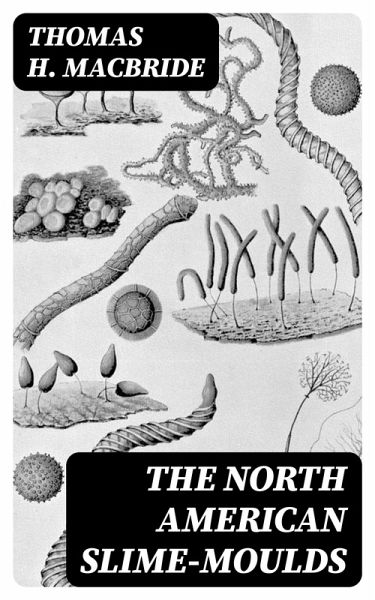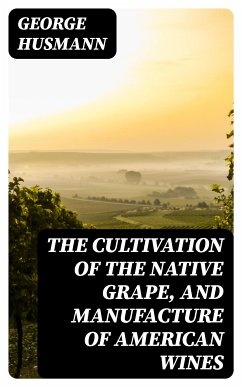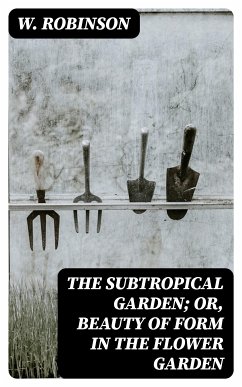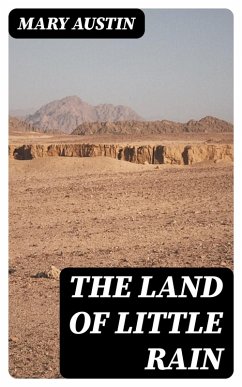
The North American Slime-Moulds (eBook, ePUB)
A Descriptive List of All Species of Myxomycetes Hitherto Reported from the Continent of North America, with Notes on Some Extra-Limital Species

PAYBACK Punkte
0 °P sammeln!
In "The North American Slime-Moulds," Thomas H. Macbride delves into the fascinating world of myxomycetes, or slime molds, presenting a comprehensive exploration of these often-overlooked organisms. Macbride employs a meticulous scientific approach, entwining descriptive taxonomy with vivid illustrations to illuminate the life cycles, habitat preferences, and ecological significance of slime molds. This work is situated within the broader context of early 20th-century natural science, showcasing the transition from mere specimen collection to a nuanced understanding of biodiversity in North Am...
In "The North American Slime-Moulds," Thomas H. Macbride delves into the fascinating world of myxomycetes, or slime molds, presenting a comprehensive exploration of these often-overlooked organisms. Macbride employs a meticulous scientific approach, entwining descriptive taxonomy with vivid illustrations to illuminate the life cycles, habitat preferences, and ecological significance of slime molds. This work is situated within the broader context of early 20th-century natural science, showcasing the transition from mere specimen collection to a nuanced understanding of biodiversity in North America. Thomas H. Macbride, a prominent early 20th-century mycologist and botanist, dedicated his career to the study of fungi and slime molds. His passion for natural history and commitment to scientific rigor stemmed from his academic tenure at the University of Iowa and his extensive fieldwork. Influenced by the burgeoning field of mycology, Macbride's groundbreaking research not only provided taxonomic clarity on various species but also emphasized the ecological relationships essential to understanding these organisms' roles in their environments. For scholars, students, and nature enthusiasts alike, Macbride's "The North American Slime-Moulds" stands as an essential resource that combines empirical research with accessible prose, inviting readers to appreciate the complexity and beauty of slime molds. This book not only enhances our understanding of these unique organisms but also encourages a deeper appreciation for the rich tapestry of life in North American ecosystems.
Dieser Download kann aus rechtlichen Gründen nur mit Rechnungsadresse in A, B, BG, CY, CZ, D, DK, EW, E, FIN, F, GR, H, IRL, I, LT, L, LR, M, NL, PL, P, R, S, SLO, SK ausgeliefert werden.













